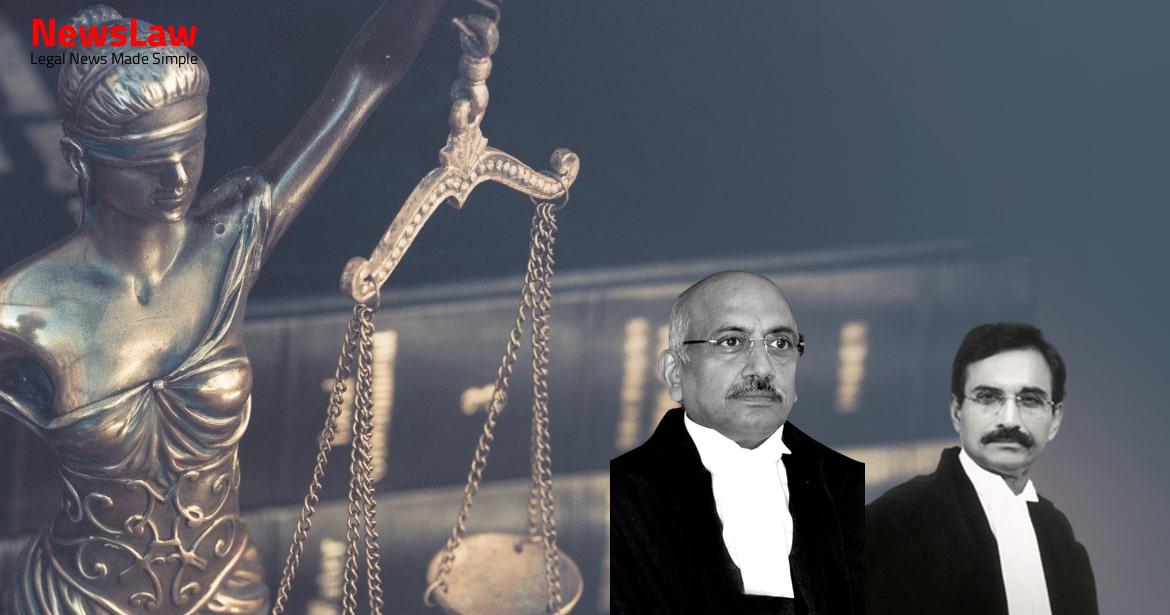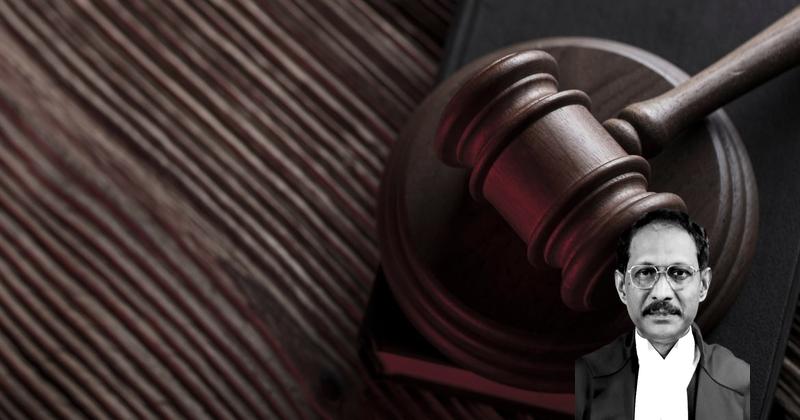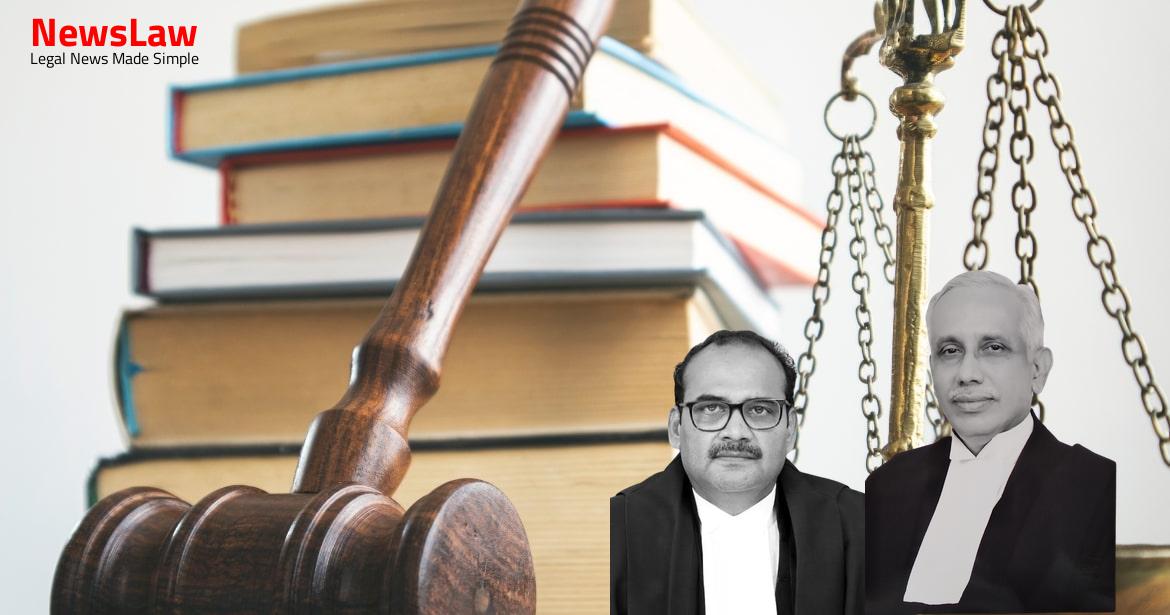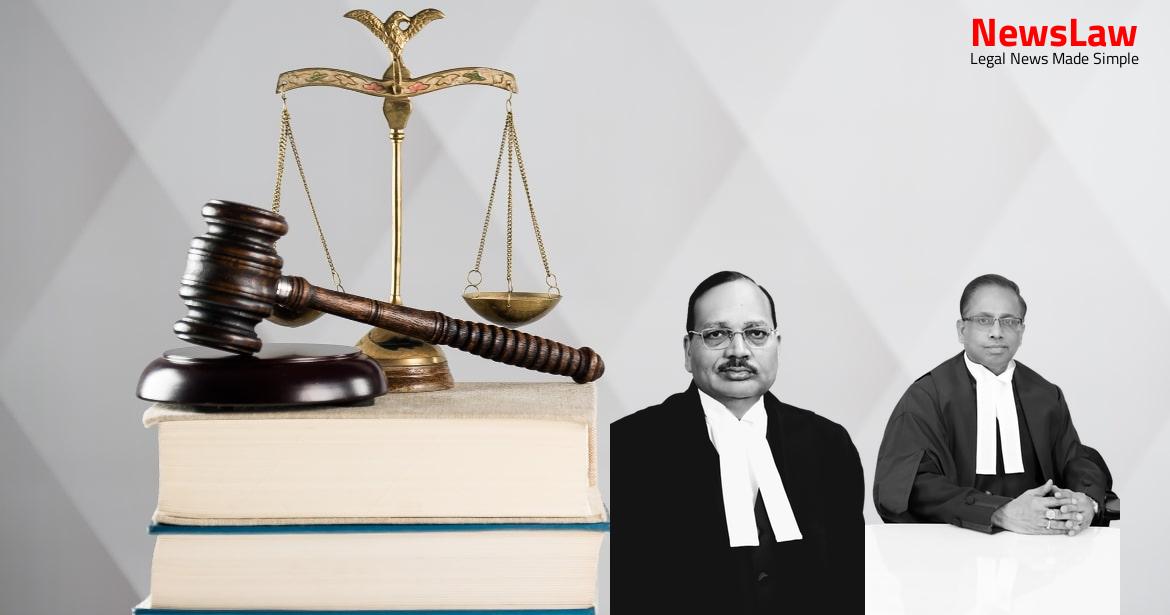In a landmark decision, the Supreme Court of India delivered a judgment in the case concerning the selection of Civil Judges, emphasizing the adherence to instructions provided by the Commission. The case involved a respondent seeking relief despite violating mandatory instructions during the examination process. The court’s decision highlights the significance of maintaining integrity in public appointments and upholding established legal principles. #SupremeCourt #LegalCase #CivilJudgeSelection #Precedent
Facts
- The Commission invalidated the Law Paper 1 of the Respondent for violating instructions.
- The Respondent filed a Writ Petition in the High Court for result declaration and appointment as Civil Judge.
- The High Court directed the Commission to announce the result of the Respondent in Law Paper-1.
- The written test was conducted on 11 and 12 August, 2018.
- The Respondent was successful in the preliminary examination conducted on 09.06.2018.
- Results of the written test were announced on 19.09.2018 without the Respondent’s name.
- The Commission was directed to conduct the interview of the Respondent as a special case if found qualified.
- Interviews were conducted from 27.09.2018 to 05.10.2018.
- Final results were published on 05.12.2018 with another candidate of the same community being selected despite performance issues.
- The High Court granted relief to the Respondent despite non-adherence to Instructions.
- The Respondent had underlined answer sheets with a pencil in violation of Instructions.
- The High Court considered the marking as a violation of Instruction 22 (1)(II).
- The High Court accepted the claim of inadvertent marking by the Respondent.
- The High Court granted relief on humanitarian grounds due to the inadvertent mistake.
- The Respondent pleaded for leniency and success in the main examination, which the High Court allowed.
Also Read: Supreme Court Ruling on Dowry Harassment and Suicide Case
Arguments
- Mr. Venkatramani contends that the Respondent’s initial denial of using a pencil disentitles her from the relief sought.
- He argues that the mandatory Instructions for the examination candidates must be followed without exception.
- Ms. Mohana vehemently argues against the exercise of discretion under Article 136 of the Constitution of India.
- She appeals for not nipping the career of a meritorious backward class candidate based on a violation of the Instructions.
- Ms. Mohana persuades the court to dismiss the appeal to enable the Respondent to compete for the position of Civil Judge.
- Mr. Venkatramani highlights the bar on using a pencil in the Instructions for the Civil Judge selection exam.
- He raises concerns that granting relief to the Respondent would lead to similar claims from other disqualified candidates.
- Mr. Venkatramani argues that there is no substantial legal question in the Special Leave Petition that warrants court intervention.
Also Read: Case of Technical Equipment Officer Appointment Criteria Dispute
Analysis
- Hard cases highlighted by the High Court must not be used to create bad law.
- Strict compliance with the terms and conditions of the Instructions issued is crucial.
- The High Court cannot amend or relax the Instructions provided by the Commission.
- Upon reviewing the answer sheet, the High Court found a violation of the Instructions by the Respondent.
- In extreme cases, established legal principles are tested.
- Yielding to the desire to correct extreme cases rather than adhering to legal principles can result in cost and violation of the principle of equality.
- This can also lead to arbitrariness.
- Exercise of power of moderation can create a feeling of distrust in fair and impartial selection processes for public appointments.
- The cost of yielding to extreme cases is captured in the legal aphorism: ‘Hard cases make bad law.’
- High Court judgment not approved due to candidate violating mandatory instructions.
- No order in favor of violating candidate to avoid setting bad precedent.
- No approval for using Article 142 to pass non-precedential order.
Also Read: Supreme Court Judgement on Transfer of Mining Environmental Clearances
Decision
- The judgment of the High Court is set aside.
- The appeal is allowed.
Case Title: THE STATE OF TAMIL NADU Vs. G. HEMALATHAA
Case Number: C.A. No.-006669-006669 / 2019



